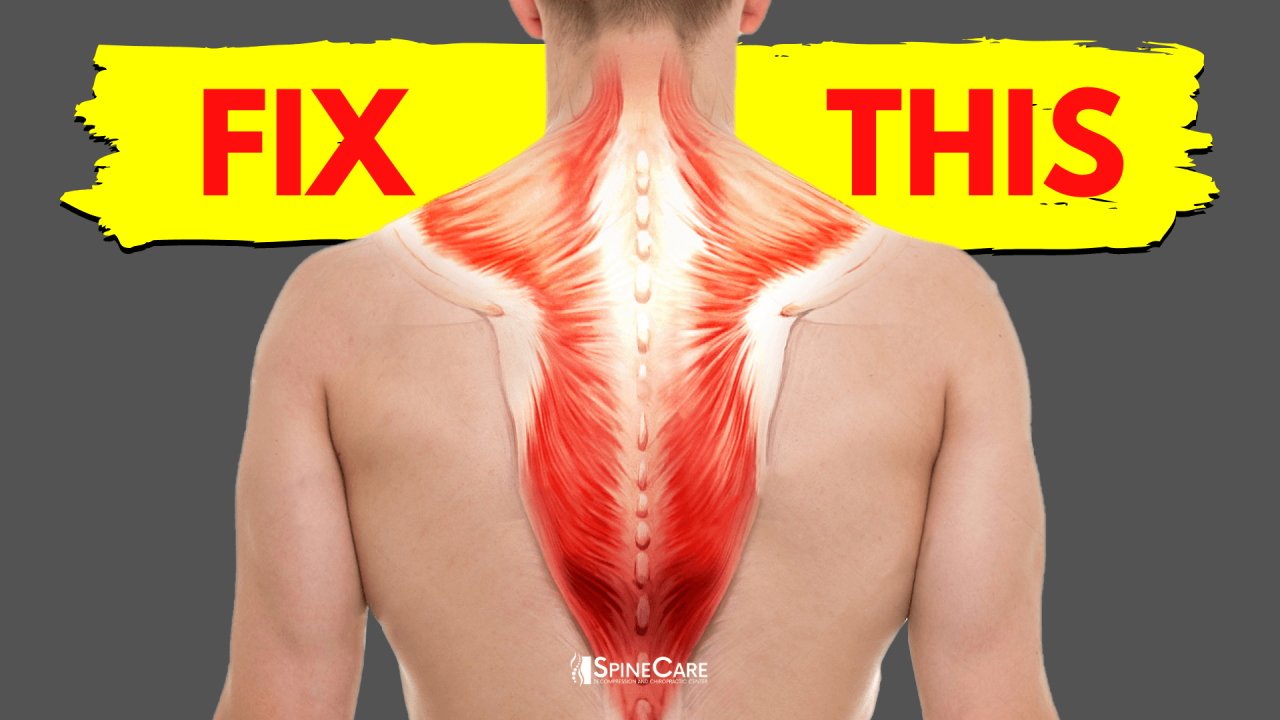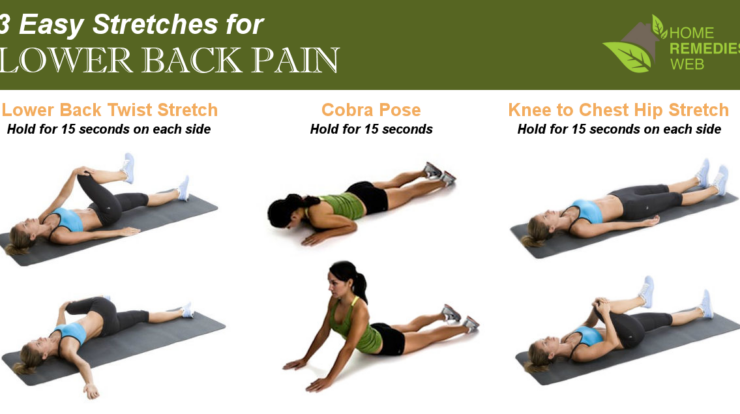
How can stiff and tight muscles result in back pain? Stiff and tight muscles can lead to back pain due to various factors. Muscle stiffness and tension, muscle imbalances, muscle spasms, muscle trigger points, muscle atrophy, and improper muscle recovery can all contribute to back pain.
In an unusual turn of events, a michigan grocery store sign woman reddit has gone viral for her hilarious antics. The woman, whose identity remains unknown, was spotted dancing and singing in the aisles of a Kroger store, much to the amusement of shoppers.
Understanding the causes and effects of these factors is crucial for effective pain management and prevention.
Muscle stiffness and tension occur when muscles are overworked or underused, leading to tightness and reduced range of motion. Muscle imbalances arise when certain muscle groups become weaker or overactive, disrupting the body’s natural balance and causing pain. Muscle spasms are involuntary muscle contractions that can be triggered by various factors, resulting in sudden and intense back pain.
How Can Stiff and Tight Muscles Result in Back Pain?

Back pain is a common ailment that can be caused by a variety of factors, including muscle stiffness and tightness. When muscles become stiff and tight, they can put pressure on the nerves and blood vessels in the back, leading to pain, discomfort, and reduced mobility.
Muscle Stiffness and Tension
Muscle stiffness and tension can be caused by a number of factors, including:
- Prolonged sitting or standing
- Repetitive motions
- Poor posture
- Lack of exercise
- Injury
- Stress
Muscle Imbalances
Muscle imbalances occur when one muscle group is stronger or more active than its opposing muscle group. This can lead to back pain because the stronger muscle group can pull the spine out of alignment, putting pressure on the nerves and blood vessels.
Common muscle imbalances that can contribute to back pain include:
- Weak abdominal muscles and strong back muscles
- Tight hip flexors and weak gluteal muscles
- Weak hamstrings and tight quadriceps
Muscle Spasms, How can stiff and tight muscles result in back pain?
Muscle spasms are involuntary contractions of the muscles. They can be caused by a variety of factors, including:
- Muscle fatigue
- Dehydration
- Electrolyte imbalance
- Nerve damage
- Certain medications
Muscle spasms can be very painful and can make it difficult to move. They can also lead to back pain if they occur in the muscles of the back.
Muscle Trigger Points
Muscle trigger points are small, tender knots that can form in the muscles. They can be caused by a variety of factors, including:
- Muscle overuse
- Muscle injury
- Stress
- Poor posture
Trigger points can be very painful and can refer pain to other areas of the body. They can also lead to back pain if they occur in the muscles of the back.
Muscle Atrophy
Muscle atrophy is the wasting away of muscle tissue. It can be caused by a variety of factors, including:
- Lack of exercise
- Aging
- Certain diseases
- Prolonged immobilization
Muscle atrophy can lead to back pain because it can weaken the muscles that support the spine. This can make the spine more susceptible to injury and pain.
Muscle Recovery
Muscle recovery is essential for preventing back pain. When muscles are not given enough time to recover, they can become stiff and tight, which can lead to pain. There are a number of things that can be done to promote muscle recovery, including:
- Stretching
- Massage
- Proper nutrition
- Rest
- Activity
Ultimate Conclusion

Muscle trigger points are sensitive areas within muscles that can refer pain to other parts of the body. Muscle atrophy, or muscle loss, can weaken the back muscles, making them less effective in supporting the spine. Proper muscle recovery, including stretching, massage, and adequate rest, is essential for preventing and reducing back pain.
By addressing these factors, individuals can effectively manage and prevent back pain caused by stiff and tight muscles. Regular exercise, proper posture, and seeking professional medical advice when necessary are all important steps towards maintaining a healthy back.
In honor of the special bond between mothers and their children, happy mothers day wishes mom are pouring in from all corners of the world. Snoopy, the beloved beagle, is also joining in on the celebration with his adorable snoopy happy mother’s day greetings.
For those who have lost their mothers, happy heavenly mother’s day mom messages offer a heartfelt tribute to their memory.
FAQ Section: How Can Stiff And Tight Muscles Result In Back Pain?
What are the common causes of muscle stiffness and tension?
Muscle stiffness and tension can result from various factors, including prolonged sitting or standing, repetitive motions, poor posture, dehydration, and lack of physical activity.
Meanwhile, the iconic character Snoopy continues to spread joy with his heartwarming snoopy happy mother’s day messages. These adorable greetings are sure to bring a smile to the face of any mother on this special day.
How can I prevent muscle imbalances?
To prevent muscle imbalances, it’s important to engage in regular exercise that targets all major muscle groups. Cross-training and incorporating exercises that strengthen both the agonist and antagonist muscles can help maintain muscle balance.
What are some effective ways to manage muscle spasms?
Managing muscle spasms involves applying heat or cold to the affected area, gentle stretching, massage, and over-the-counter pain relievers. In severe cases, prescription muscle relaxants may be necessary.
How can I identify and release muscle trigger points?
Muscle trigger points can be identified by applying pressure to the affected area and feeling for a tender spot. Releasing trigger points involves applying sustained pressure, massage, or using a foam roller to gradually reduce tension.
What is the importance of muscle recovery for back pain prevention?
Adequate muscle recovery is crucial for preventing back pain. Regular stretching, massage, and proper nutrition help muscles repair and rebuild, reducing the risk of stiffness, tension, and pain.





